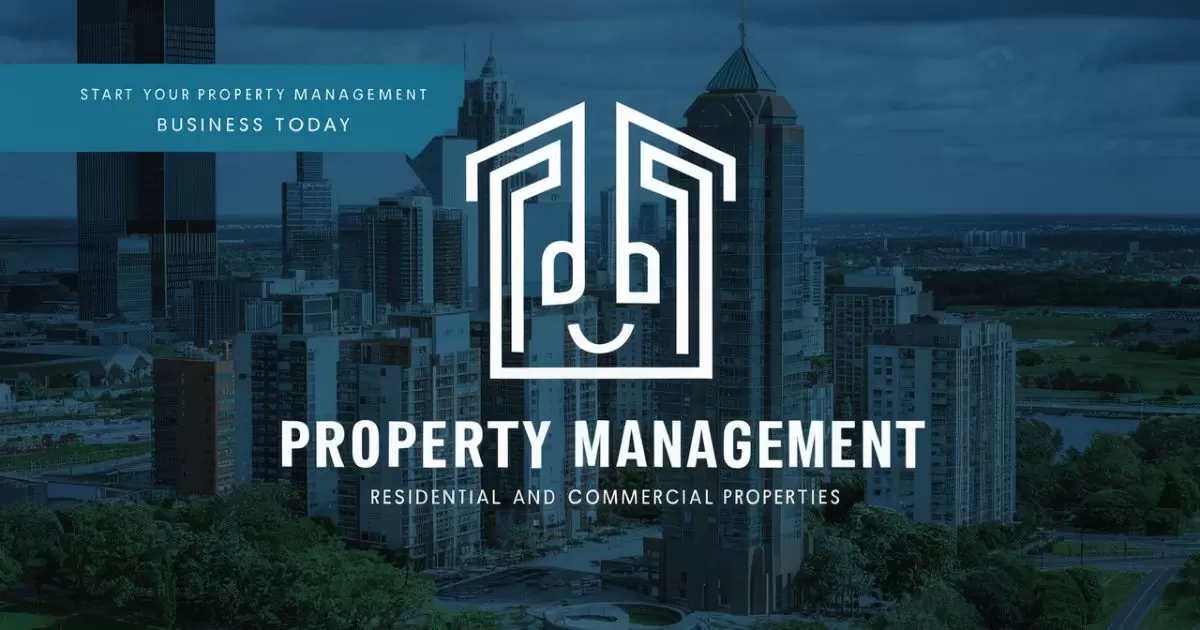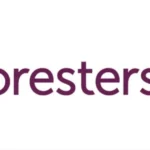Introduction
“Starting a property management business involves balancing flexibility and responsibility while navigating startup costs and industry challenges.”
A property management business handles the operation, control, and oversight of real estate properties. This includes tasks like collecting rent, maintaining properties, and managing tenant relations. It ensures properties are well-maintained and profitable. Property management is crucial for real estate investors who want to streamline their operations. The role can vary based on property type and client needs.
Ready to dive into the property management industry? Start by researching local market demands and developing a solid business plan. Seek out training or mentorship to gain insights and build your network.
Starting a property management business involves understanding legal requirements, acquiring licenses, and setting up effective management processes. You’ll need to handle day-to-day operations, including maintenance and tenant communications.
Understanding the Property Management Industry
The property management industry involves overseeing residential or commercial real estate on behalf of property owners. This includes tasks such as finding and screening tenants, handling rent collections, performing property maintenance, and ensuring legal compliance.
Understanding the industry’s dynamics, such as market trends, demand, and competition, is crucial for positioning your business effectively.
Identifying Your Niche

Identifying your niche is critical to differentiate yourself in the competitive property management market. Decide whether you want to focus on residential properties, commercial spaces, luxury rentals, or vacation properties. Each niche has its own set of challenges and opportunities, so choose one that aligns with your expertise and interests.
Conducting Market Research
Conducting thorough market research will help you understand local demand, competition, and potential clients. Analyze market trends, assess the strengths and weaknesses of your competitors, and identify gaps in the market that your business can fill. This research will guide your business strategy and marketing efforts.
Developing a Business Plan
A well-crafted business plan is essential for guiding your business and attracting investors. Your plan should include a detailed description of your business model, market analysis, financial projections, and growth strategies. A solid business plan will help you stay focused and organized as you start and grow your property management business.
Securing Funding
Securing adequate funding is crucial for starting and maintaining your property management business. Explore various funding options, including personal savings, bank loans, or investment from venture capitalists. Prepare a comprehensive financial plan and funding proposal to present to potential investors or lenders.
Legal Requirements and Licenses
Navigating legal requirements and obtaining the necessary licenses is a key step in starting a property management business. Research local regulations and ensure you acquire the appropriate licenses and permits to operate legally. Compliance with legal standards will protect your business and build trust with clients.
Choosing a Business Structure
Selecting the right business structure is important for legal and financial reasons. Consider options such as sole proprietorship, partnership, limited liability company (LLC), or corporation. Each structure has its own advantages and implications for liability, taxation, and management.
Setting Up Your Office
Setting up a functional and professional office is vital for running your property management business efficiently. Choose a suitable location, equip your office with necessary technology and supplies, and establish an organized workspace to manage your operations effectively.
Acquiring Property Management Software
Investing in property management software will streamline your operations and improve efficiency. Look for software that offers features such as tenant management, lease tracking, and financial reporting. Choose a solution that fits your business needs and provides excellent support and training.
Hiring and Training Staff

Building a skilled and motivated team is essential for the success of your property management business. Hire staff with experience in property management, real estate, or customer service. Provide comprehensive training to ensure they understand your business procedures and deliver exceptional service to clients.
Establishing Operations and Procedures
Developing clear operations and procedures will help ensure consistency and efficiency in your property management business. Create standard operating procedures (SOPs) for tasks such as tenant screening, maintenance requests, and financial reporting. Implementing these procedures will help maintain high standards and streamline your operations.
Marketing and Building Your Brand
Effective marketing and branding are crucial for attracting clients and establishing your business in the market. Develop a marketing strategy that includes online and offline tactics, such as social media, advertising, and networking. Build a strong brand identity that reflects your business values and expertise.
How To Start A Car Wash Business
Managing Properties Effectively
Managing properties efficiently involves various tasks, including tenant relations, property maintenance, and rent collection. Implement best practices for tenant screening, lease management, and maintenance to ensure your properties are well-maintained and tenants are satisfied.
Building Relationships with Property Owners
Developing strong relationships with property owners is key to growing your property management business. Communicate regularly with owners, provide transparent reporting, and address their concerns promptly. Building trust and providing excellent service will encourage repeat business and referrals.
Ensuring Compliance and Risk Management
Compliance with regulations and effective risk management are essential for protecting your property management business. Stay informed about legal changes, implement risk management strategies, and ensure your operations comply with industry standards. Regularly review and update your policies to mitigate potential risks.
Scaling and Growing Your Business
As your property management business grows, consider strategies for scaling and expanding your operations. This may include acquiring additional properties, expanding your service offerings, or entering new markets. Plan for growth by investing in technology, hiring additional staff, and refining your business processes.
Importance of a Property Management Business

A property management business plays a crucial role in the real estate market by helping property owners maximize their investments and providing tenants with quality living or working environments. Understanding the value of your services and the impact you have on the market will drive your business success and growth.
Additional Tips
- Stay updated on industry trends and best practices.
- Network with other property management professionals.
- Invest in continuous learning and professional development.
Pro And Cons
| Pros | Cons |
| Stable income through management fees | High responsibility and potential for stress |
| Opportunities for business growth and expansion | Need to handle challenging tenant situations |
| Ability to leverage industry expertise for competitive advantage | Initial setup costs and ongoing operational expenses |
Answers to Key Questions
1. What qualifications do I need to start a property management business?
To start a property management business, you typically need a real estate license and a thorough understanding of property management practices. Additional certifications in property management can also be beneficial.
2. How do I choose the right niche for my property management business?
Choosing the right niche involves assessing your interests, expertise, and market demand. Consider focusing on residential, commercial, or vacation rentals, depending on your strengths and the opportunities in your area.
3. What are the key responsibilities of a property manager?
Key responsibilities include tenant screening, lease management, rent collection, property maintenance, and ensuring legal compliance. Effective communication with tenants and property owners is also crucial.
4. How much funding do I need to start a property management business?
The amount of funding needed varies based on factors such as office setup, technology, staffing, and marketing. A detailed business plan will help estimate startup costs and funding requirements.
5. What legal requirements must I fulfill to operate a property management business?
Legal requirements typically include obtaining a property management license, registering your business, and adhering to local regulations. It’s essential to stay informed about compliance and industry standards.
6. How can I find and retain clients for my property management business?
Finding clients involves effective marketing, networking, and building a strong brand. Retaining clients requires excellent service, transparent communication, and maintaining high standards of property management.
7. What software is best for property management?
Property management software should include features like tenant tracking, lease management, and financial reporting. Popular options include Buildium, AppFolio, and Rentec Direct, but choose one that fits your business needs and budget.
Conclusion
Starting a property management business offers a promising opportunity for those looking to enter the real estate sector with a focus on service and efficiency. By understanding the industry, identifying your niche, and meticulously planning your business, you set the stage for success.
From acquiring the necessary licenses and securing funding to setting up operations and building a strong brand, each step is crucial in establishing a thriving property management business.
Despite the challenges, such as handling tenant issues and managing initial costs, the potential rewards include a stable income, growth opportunities, and the chance to make a significant impact in the real estate market.
With dedication, strategic planning, and a commitment to excellence, you can overcome these challenges and build a successful property management business that meets the needs of property owners and tenants alike.










